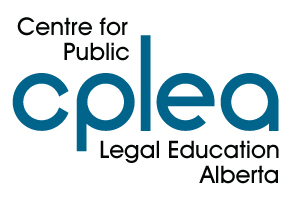This online tutorial created by the Centre for Public Legal Education Alberta explains what it's like in a criminal courtroom. There are often many people in a courtroom. Knowing who is who, what each person's role is, and what is expected of you as a witness should help you understand what is going on around you.
Alberta Resources
There are several types of trespassing. This pamphlet focuses on how "trespass" is commonly used and understood as being in relation to property. The pamphlet answers the questions: What is trespass and when does it occur, what are the potential consequences of getting caught,, and what ar ethe laws regarding trespassing, to name just a few.
This website is meant to make a traditionally complex area of knowledge easier to understand and more accessible. Many Albertan women will benefit from this resource, including those who are new to the English language, have no background in the law, those who cannot afford legal advice and those in remote communities without internet access. Although it is not meant to replace expert advice the resource is a starting place and a guide for women who don’t know where to look.
This online publication is provided by the Government of Alberta and is divided into sections including: You've been charged... now what?; Duty Counsel; If you don't have a lawyer; How do you get a lawyer?; Legal Aid; Other Services; Where will the trial be?; Pleading guilty; Getting ready for trial when you have pled not guilty; What happens in court?; and Sentencing.
British Columbia
The Latin American Community Council and MOSAIC, in partnership, have implemented this online multilingual legal resource to provide comprehensive and critical legal information in Arabic, Chinese, English, French, Korean, Persian, Punjabi, Spanish and Vietnamese to Canadian newcomers and community workers in British Columbia.
Canada/Federal
Criminal Intelligence Service Canada (CISC) is a strategically-focused organization that facilitates the timely production and exchange of criminal information and intelligence within the Canadian law enforcement community. CISC supports the effort to reduce the harm caused by organized crime through the delivery of strategic intelligence products and services and by providing leadership and expertise to its member agencies.
LawNow is a bi-monthly digital public legal education magazine which has been published by the Centre for Public Legal Education Alberta for almost 40 years. Its articles and columns are written in plain language and take a practical look at how the law relates to the every day lives of Canadians.In each issue, LawNow’s criminal law column takes a look at a specific topic in this area of law and explains it clearly and concisely.
This website section from the RCMP provides information about the National DNA Data Bank of Canada which contributes to the administration of justice and the safety of Canadians by ensuring that those who commit serious crimes are identified more quickly across all police jurisdictions in Canada while innocent people are eliminated from suspicion. Topics include: History, Privacy and Security, FAQs, Technology, Statistics and Glossary.
This article from the law firm Pringle Chivers Sparks explains how a judge decides on a sentence, discusses various types of sentences and describes other kinds of orders a judge may make after sentencing.
This online resource from the Nova Scotia Public Prosecution Service takes you—step-by-step—through a Canadian criminal case. It explains the process clearly and simply and will help you to understand how a Canadian criminal prosecution works.








Follow CPLEA